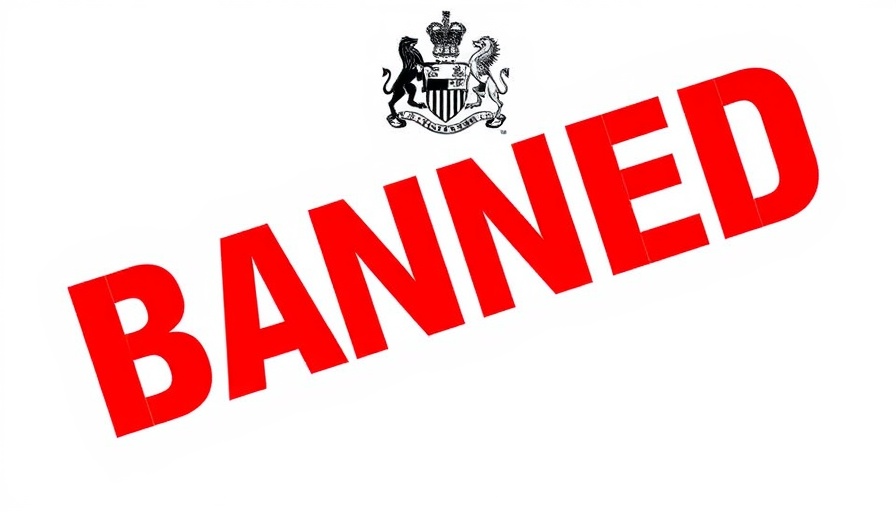
A Civil Engineering Scandal: What Went Wrong?
In a striking case of corporate misconduct, Kulbarg Singh, a director within the civil engineering sector, has been banned from holding directorships for six years after selling valuable company assets for a mere £1. This debacle centers on the sale of historic cars, including classic Jaguars and Rolls-Royces, which were worth over £101,500, but sold to a sister company at an extraordinary undervalue. The shady transactions have highlighted serious governance issues within the construction industry.
Background: The Rise and Fall of Aldridge Construction Engineering
Aldridge Construction Engineering Ltd was established in November 2015 and initially engaged in road resurfacing and gas pipe installations. Yet, by the time it entered liquidation in June 2022, the company had sunk into insurmountable debt, amassing liabilities exceeding £1.5 million. The heartbreaking demise of this once-promising venture traces back to a string of decisions that culminated in staggering asset loss.
Director Responsibilities: A Cautionary Tale for Builders and Contractors
The example set by Singh serves as a wake-up call for builders and contractors across the UK. Directors have a fiduciary responsibility to act in the best interests of their company and its creditors. Singh’s blatant disregard for these responsibilities—selling over £1 million worth of assets for an inconceivable sum—exposes a larger issue regarding the ethical obligations that leaders have within the industry.
Consequences of the Actions: The Broad Impact of Singh's Disqualification
Singh’s disqualification not only impacts him personally but reverberates through the entire construction industry. Kevin Read from the Insolvency Service stated, “Directors who abuse their position will face serious consequences,” emphasizing the need to maintain ethical practices in corporate governance. With the Official Receiver exploring recovery options for the assets lost in the ill-fated sales, other industry leaders are being urged to prioritize ethical practices to avoid similar pitfalls.
Future Predictions: Changes in Regulation?
As this case unfolds, many stakeholders within the construction sector may be anticipating tighter regulations. Greater transparency and accountability in major asset transactions could emerge as a key focus for regulators. This may include mandatory disclosures for inter-company sales, especially where significant value is involved. The landscape of corporate governance in construction could evolve significantly as a result.
Lessons Learned: Upholding Integrity in Business
This incident underscores the vital importance of integrity in business dealings. Companies must foster a culture of transparency to build trust among stakeholders. For contractors, ensuring ethical practices can enhance not only their credibility but also their long-term success. Engaging in responsible governance is not just legally obligatory but essential for fostering a sustainable business environment.
What This Means for You
For builders and contractors, the consequences of Singh’s actions might provoke a deep self-analysis regarding governance and practices within their own operations. Evaluate your company’s protocols to safeguard against potential misconduct. Understanding the fines and the implications of lapses in ethical conduct is critical for fostering a healthier industry landscape.
As we reflect on these events, consider the importance of corporate ethics and integrity in shaping not just businesses but entire industries. Awareness and adherence to ethical standards will go a long way in preventing scandals like that of Kulbarg Singh from occurring in the future.
 Add Row
Add Row  Add
Add 




Write A Comment